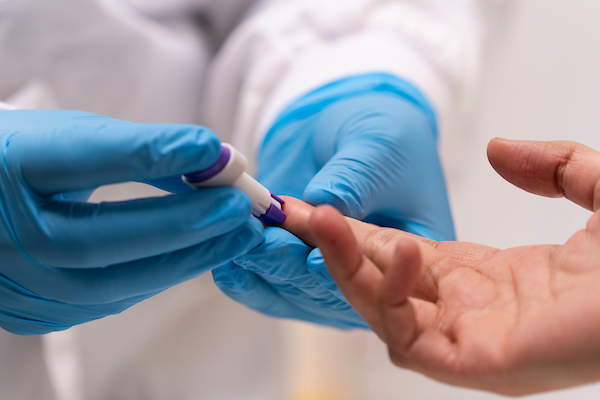A new blood test developed by researchers at the Australian National University (ANU) has suggested more people have been exposed to COVID-19 in Australia than have so far been detected.
The highly sensitive test measures the antibodies that follow previous infection with the virus, and the study was conducted at the University in June and July, prior to Australia’s ‘second wave’ of outbreaks and subsequent increased levels of testing.
Associate Professor Ian Cockburn, who co-led the research with Professor Elizabeth Gardiner, said 3,000 blood samples provided by health people around the country were screened for antibodies to the virus, novel coronavirus SARS-CoV-2.
“Our best estimate is that around 0.28% of Australians – one in 350 – had been infected with SARS-CoV-2 by that time,” he said.
“This suggests that instead of 11,000 cases we know about from nasal swab testing, about 70,000 people had been exposed overall.”
Researchers found, after accounting for false positives, that eight in 3,000 health people were likely to have been previously infected, and say a “conservative view of the results, the number translates to potentially around 30,000 people with the virus at that time”. No one in the study had been identified as COVID-19 positive before.
The blood test looks for antibody signatures in blood to find evidence of previous COVID-19 infection and could be used to help inform better understanding of the spread of the disease and how effective community testing is. Associate Professor Cockburn said it could also determine if there is evidence of herd immunity.
Professor Graham Mann, director of the John Curtin School of Medical Research at ANU, said the blood test could be “another weapon in our amoury to combat further waves of the virus”.
“These highly sensitive ways of detecting antibodies are going to find many uses, especially in surveying for spread in the community, especially among people without symptoms.”
For more news:



